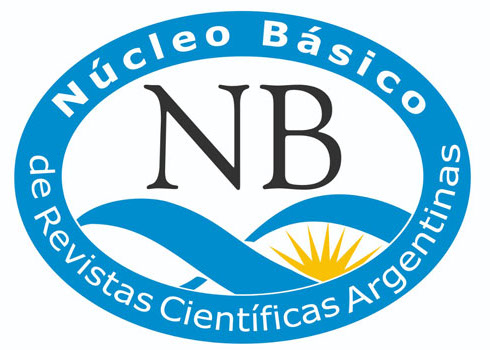Ships Stranded in the Forest: Debris of Progress on a Phantom River
Abstract
In this article, I examine the debris that modernist projects leave in spaceand the ways in which these vestiges are interpreted, generations later, bypeople haunted by the long-term reverberations of their ruination. Drawing on theories of negativity, I look at local memories woven around these spatial sedimentations with the aim of examining the interpenetration of space, history, decline, and subjectivity. My narrative focuses on the remains of steamships that the attempts to turn the Bermejo River into a commercial fluvial route left around the town of Rivadavia in the Gran Chaco region of northern Argentina. In the 1860s and 1870s, businessmen and officials hailed the navigation of Bermejo as a project that would bring progress and prosperity to a savage region under the control of indigenous groups. Shortly thereafter, the Bermejo shifted its course, the navigation schemes collapsed, and Rivadavia entered a period of decline from which it never fully recovered. In this article, I examine how local views of the debris of ships and of a monument erected to commemorate them evoke multiple absences, chief among them that of the progress that the ships were expected to bring to the Chaco.Downloads

Runa, archivos para las ciencias is a publication of the Instituto de Ciencias Antropológicas, Facultad de Filosofía y Letras, Universidad de Buenos Aires and is distributed under a Creative Commons Attribution 4.0 International License.
Runa maintains its commitment to the policies of Open Access to scientific information, considering that both scientific publications and publicly funded research should circulate on the Internet freely, free of charge and without restrictions.
The contents and opinions expressed in published articles are the sole responsibility of their authors.



















